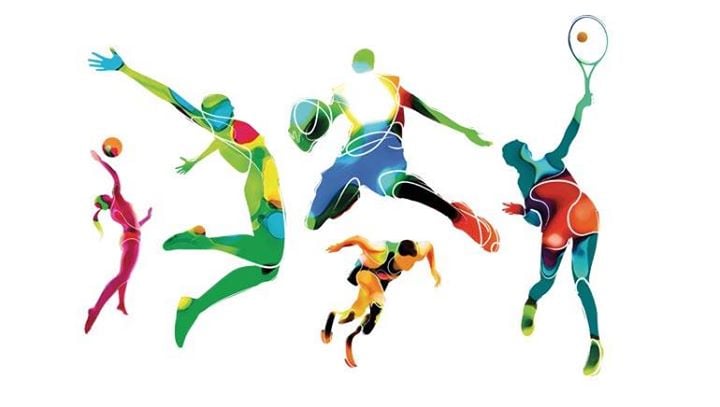For the Sportman/woman
YES,
Successful Athletes and Sports persons can be Vegetarian. In fact, they can be healthier for it.
Sit back and have a READ.
VeggJay


A plant-based diet, which emphasizes whole grains, fruits, vegetables, and legumes, provides the high-carbohydrate content balanced with the protein and fat the body needs for training sessions and competition. When these three nutrients are consumed from plant-based sources and in the recommended ratios, an athlete will get all the vitamins and minerals he or she needs to best perform, recover, and perform again.
An optimal sports diet for performance, recovery, and health is found in the Power Plate—grains, vegetables, legumes, and fruits. By choosing generous servings of these nutrient-dense foods with a focus on variety and wholesomeness, your body will reap the benefits.
- Whole grains: Choose whole-grain breads, cereals, rice, and pastas. They are rich in complex carbohydrate, fiber, zinc, and B vitamins. A single serving also provides about 2 to 3 grams of protein.
- Vegetables: Choose a variety of colorful red, orange, and yellow vegetables in addition to leafy greens for vitamin C, beta-carotene, and other antioxidants that will protect your body from the stress of exercise. These foods also provide iron, calcium, fiber, and a modest 2 grams of protein per serving.
- Legumes: Choose a variety of beans (chickpeas, black beans, kidney beans, great northern beans), as well as soy milk, tofu, tempeh, and textured vegetable protein. They are not only high in protein (about 7 to 10 grams per serving), but also rich in complex carbohydrates, fiber, iron, calcium, and B vitamins.
- Fruits: Choose a variety of fruits and fruit juices for extra vitamins, especially vitamin C. By choosing fruits of different colors, you can ensure a variety of vitamins and minerals.
- Vitamin B12 supplement: A multivitamin/mineral supplement or vitamin B12 supplement can be taken daily or every other day to cover nutritional needs. Fortified foods, such as fortified breakfast cereals or fortified soy and rice milks, may also contain the active form of vitamin B12, cyanocobalamin.

source: https://go.amazing.com/pdf/asm8/ASM8_LV01_100-Hot-Product-Opportunities.pdf

Comments
Post a Comment